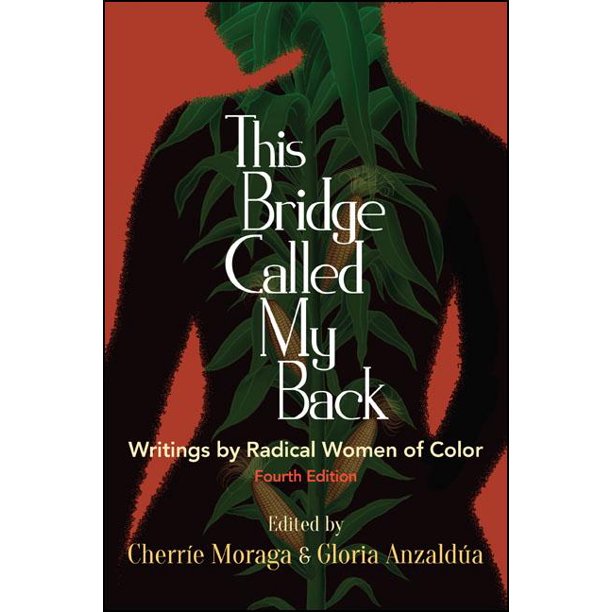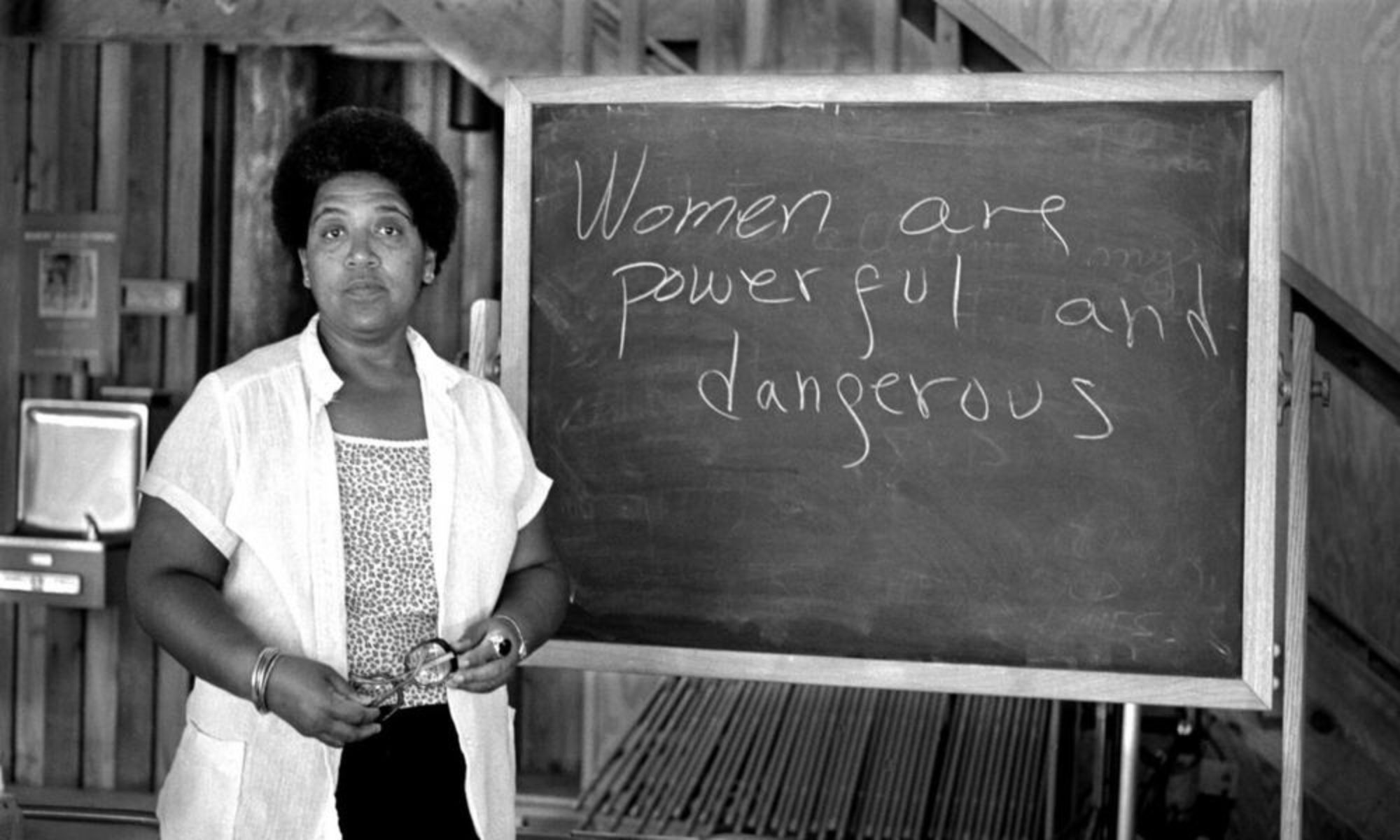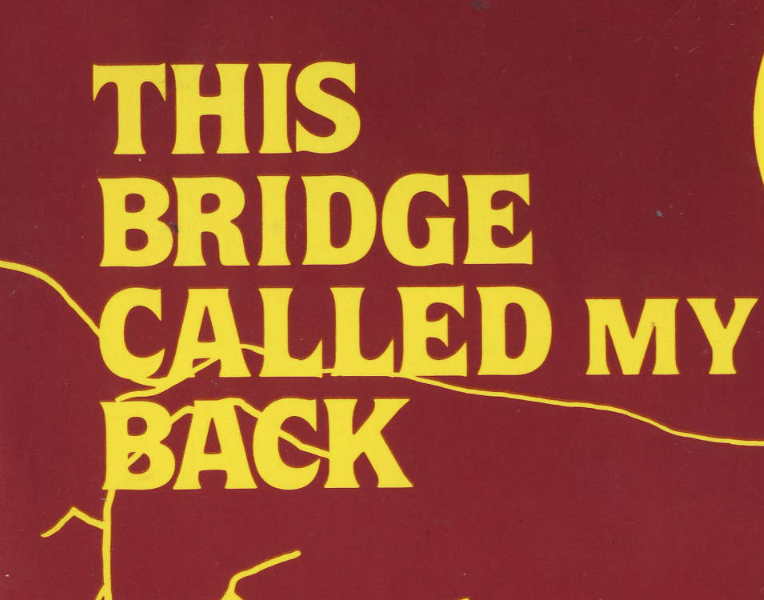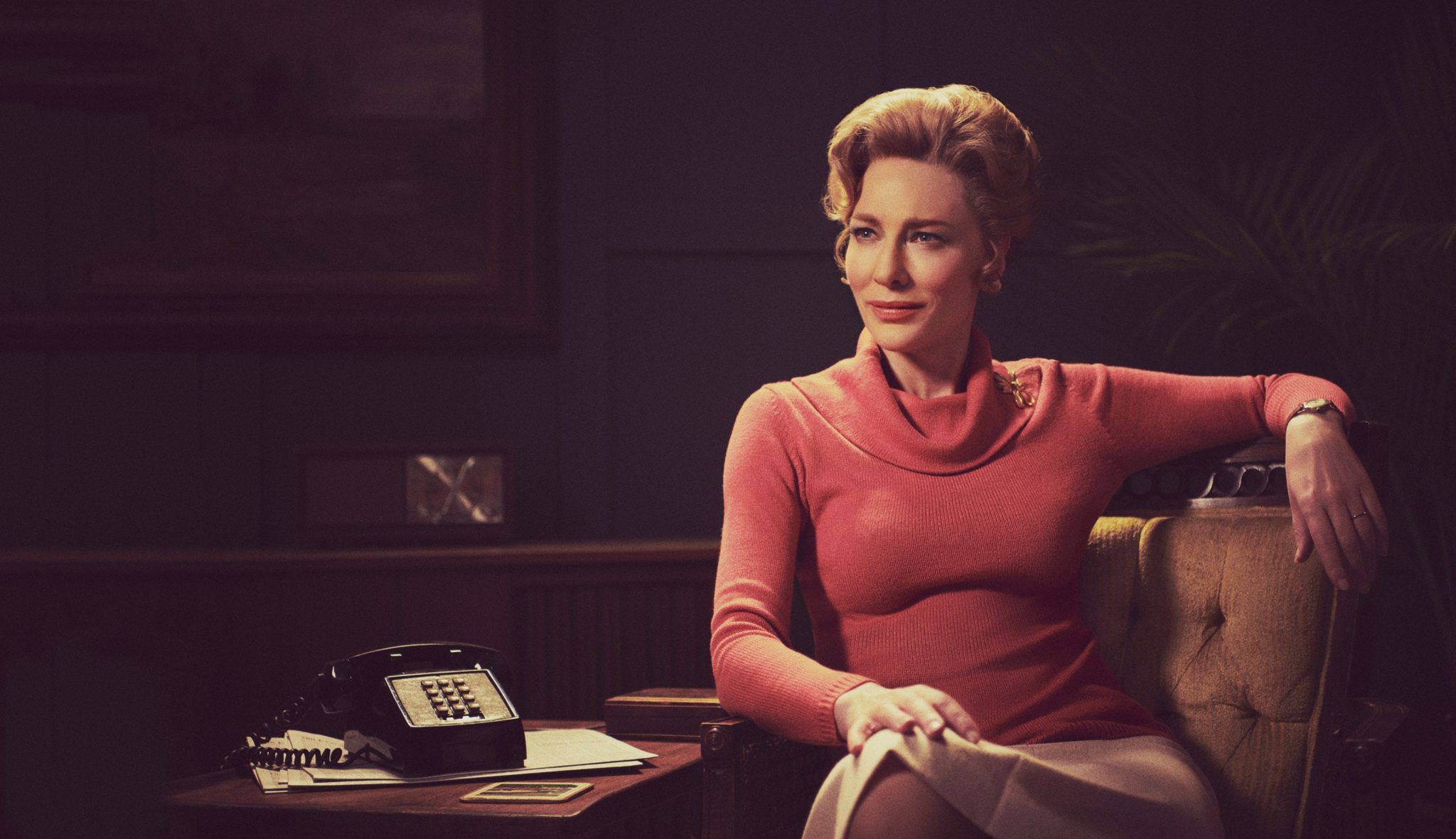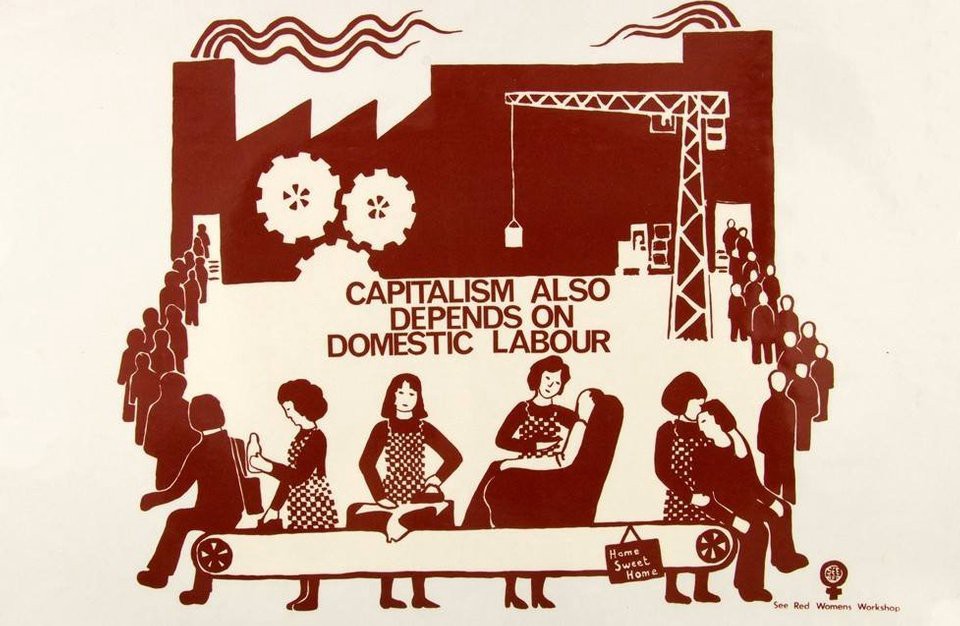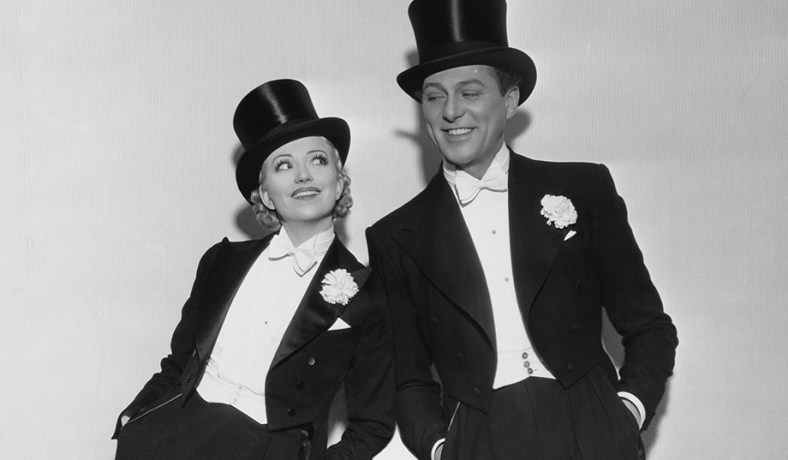*Can also be found within Hypothes.is*
“I wonder why there are women born with silver spoons in their mouths Women who have never known a day of hunger Women who have never changed their own bed linen And I wonder why there are women who must work Women who must clean other women’s houses Women who must shell shrimps for pennies a day Women who must sew other women’s clothes Who must cook Who must die In childbirth In dreams Why must woman stand divided? Building the walls that tear them down? Jill-of-all-trades Lover, mother, housewife, friend, breadwinner Heart and spade A woman is a ritual A house that must accommodate A house that must endure Generation after generation Of wind and torment, of fire and rain A house with echoing rooms Closets with hidden cries Walls with stretchmarks Windows with eyes” (Genny Lim 26)
I have chosen to highlight this passage because it truly resonated with me while reading through it. TBCMB is a collection of works by female scholars, writers, and contributors detailing their experiences in society. It challenges the claims of solidarity based on sisterhood within the feminist movement by presenting readers with a view of the plight faced by non-white feminists despite the movement’s successes. This passage poses the question directly — why are women treated less favorably by society and even more so by other women? In order to succeed in creating a change, woman must come together and realize that the plight of your fellow woman despite race or class is in fact your plight as well.
